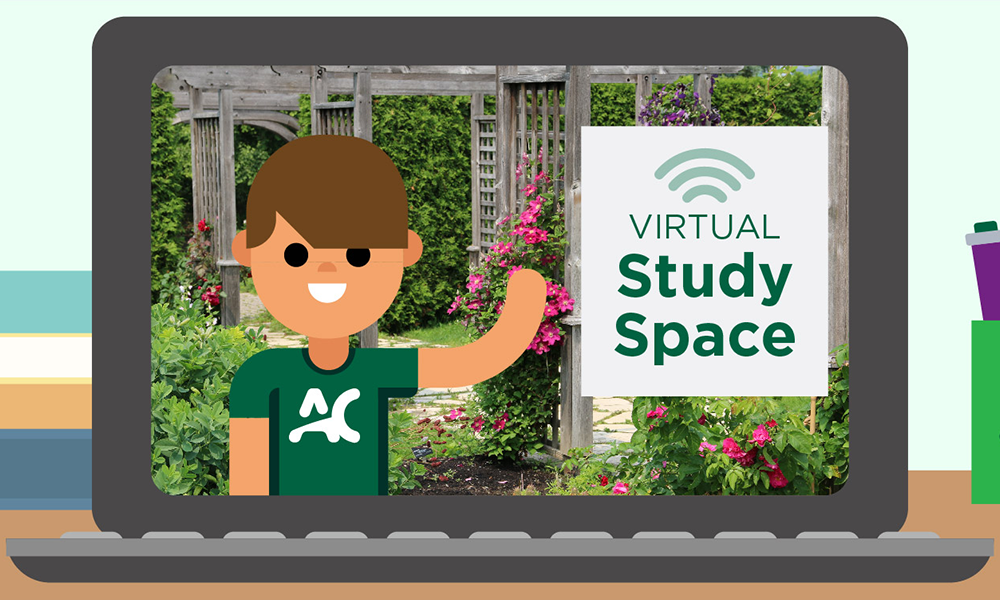Netiquette: The do’s & don’ts of online behaviour
 When you’re studying online, your contact with peers and facilitators will be through web-based forums and discussion boards. It’s worth making sure that you’re coming across the way you intend to and that you’re a positive addition to your online community.
When you’re studying online, your contact with peers and facilitators will be through web-based forums and discussion boards. It’s worth making sure that you’re coming across the way you intend to and that you’re a positive addition to your online community.
Here are a few Dos and Don’ts of “netiquette” — or online communication practices — to bear in mind the next time you log on or join in.
Do:
Watch your tone
Digital correspondence is notoriously vague and subject to (mis)interpretation. If you’re not careful, you could easily come across as rude, angry or sarcastic, even when that’s not your intention. Re-read your comments before posting them to make sure the tone isn’t negative.
Use emoticons — as appropriate
Emotion icons, such as smiley faces, can help clarify your tone or intention. For example, if you want people to know that you’re joking or emphasize that you’re not upset, a smile emoticon can go a long way. Use them, but don’t overuse them.
Be generous & collaborative
Don’t chime in only when you need help or advice. Be an active participant in your online community. Take the time to read and respond to other people’s posts, and provide encouragement and information when you can.
Include a subject line
When you post on a forum, use a brief header that clearly indicates the topic you’re asking about or commenting on.
Be friendly
Start your posts with a greeting, and sign off with your name — unless your username makes it clear who you are.
Use good grammar & spelling
No one likes wading through sloppy, incoherent sentences. Also, using proper diction helps make a good impression on your peers, who could well be your future references or colleagues.
Keep it short & sweet
Be clear and concise in what you post.
Don’t:
Use coarse, rough or rude language
It’s off-putting and unprofessional.
Overuse caps
Writing in all caps is generally frowned upon. You might want to use caps to draw attention to something, but many users interpret it as being yelled at or scolded. Instead, try using asterisks surrounding words you want to highlight.
Rely on first person
Using “I” when you talk in person is one thing, but when you do it too much online, it often comes across as self-centred. Make a point of using “we” or “you” whenever you can; they’re more inclusive pronouns.
Flame
Flaming is an online rant. People who flame don’t consider the opinions or feelings of anyone else on the forum. Presenting an informed opinion in a diplomatic way is acceptable; lashing out and forcing your preferences on others is not.
Send spam
Discussion boards, forums and online chat rooms aren’t the place to promote yourself, your products or your own agenda. Keep your comments focussed on topics that are relevant to your courses and program.
Overuse abbreviations
From texts to posts to instant messages, a lot of online communication is about conveying information as quickly as possible. But using too many abbreviations can be irritating, not to mention confusing. Algonquin College’s environment includes people from a wide range of backgrounds and ages who have varying degrees of familiarity with digital trends. A few common abbreviations, such as LOL (laugh out loud), are fine. Just try to minimize them and avoid obscure abbreviations.



